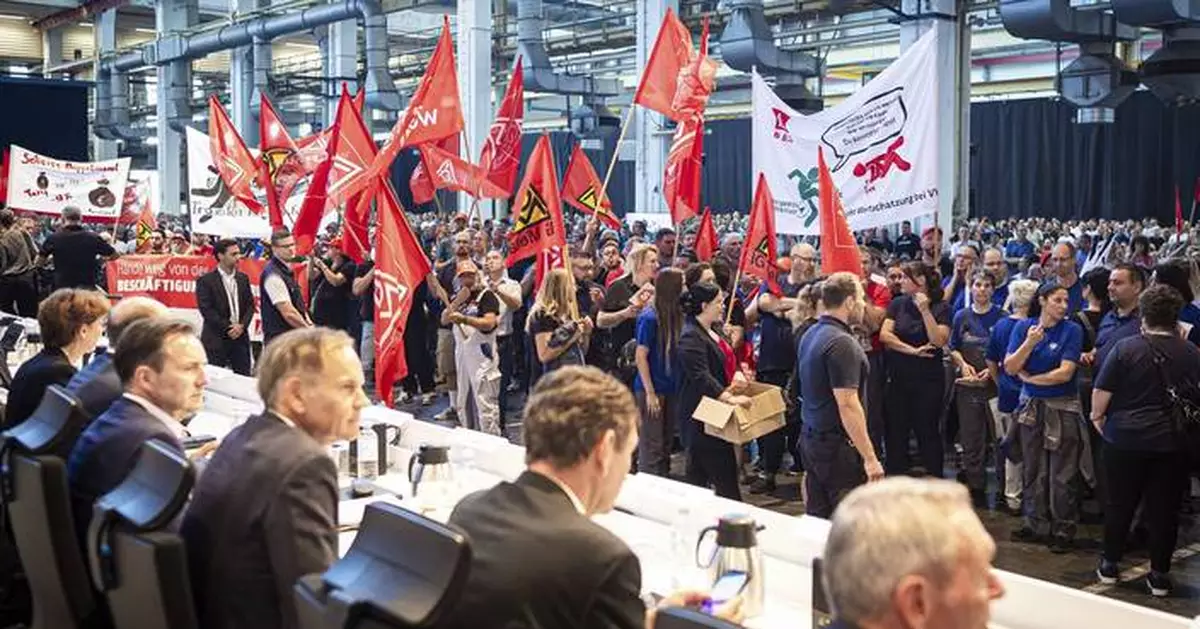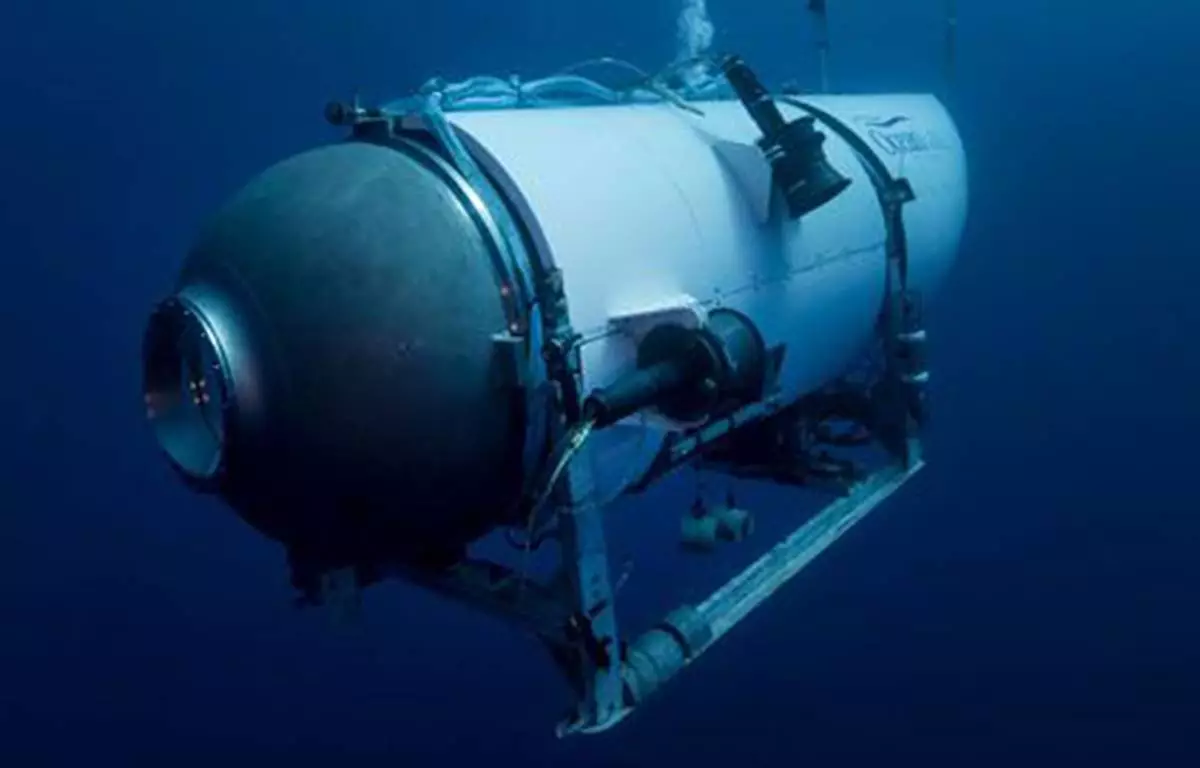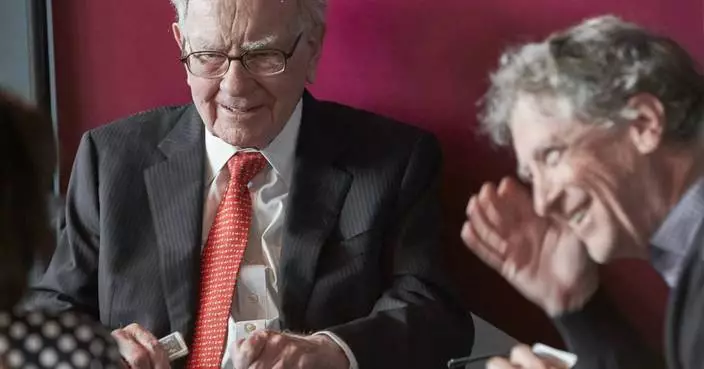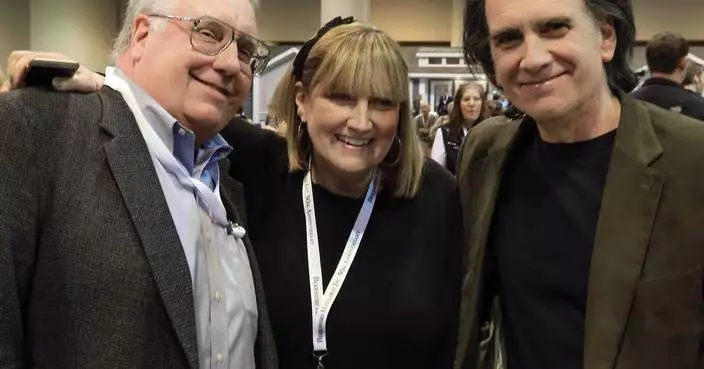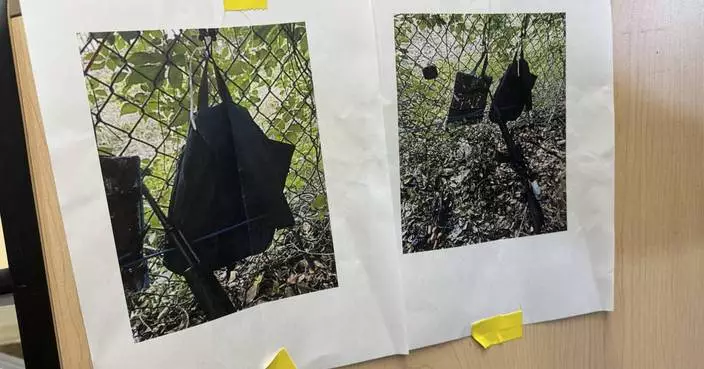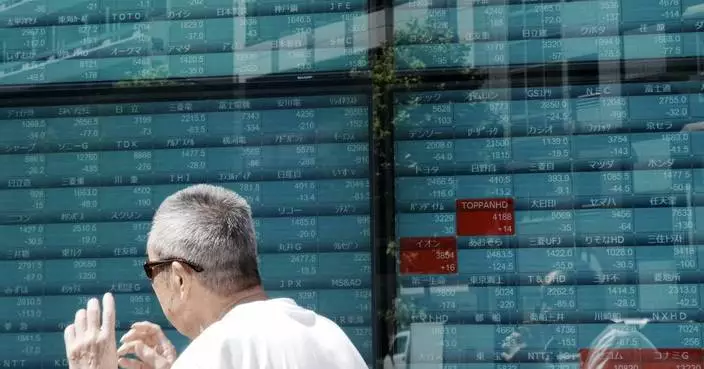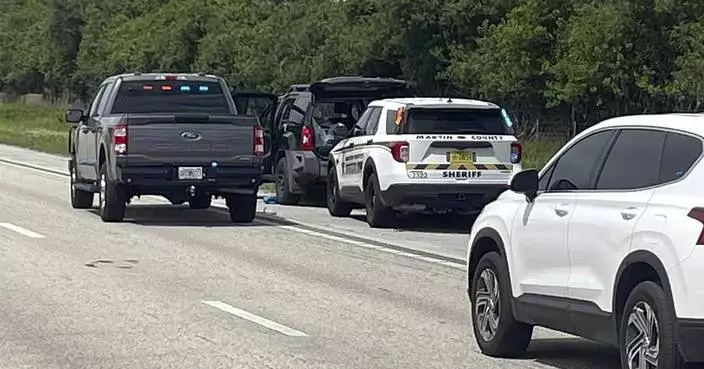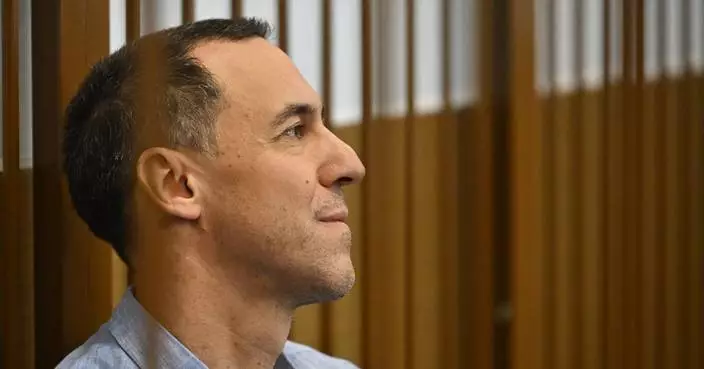FRANKFURT, Germany (AP) — Volkswagen is considering closing some factories in its home country for the first time in the German automaker's 87-year history, saying it otherwise won't meet the cost-cutting goals it needs to remain competitive.
CEO Oliver Blume also told employees Wednesday that the company must end a three-decade-old job protection pledge that would have prohibited layoffs through 2029.
The statements have stirred outrage among worker representatives and concern among German politicians.
Here are some things to know about the difficulties at one of the world’s best-known auto brands:
Management says the company’s core brand that carries the company’s name needs to achieve 10 billion euros in cost savings by 2026. It recently became clear the Volkswagen Passenger Car division was not on track to do that after relying on retirements and voluntary buyouts to reduce the workforce in Germany.
With Europe’s car market smaller than before the coronavirus pandemic, Volkswagen says it now has more factory capacity than it needs — and carrying underused assembly lines is expensive.
Chief Financial Officer Arno Antlitz explained it like this to 25,000 workers who gathered at the company’s Wolfsburg home base: Europeans are buying around 2 million cars per year fewer than they did before the pandemic in 2019, when sales reached 15.7 million.
Since Volkswagen has roughly a quarter of the European market, that means “we are short of 500,000 cars, the equivalent of around two plants,” Antlitz told the workers.
“And that has nothing to do with our products or poor sales performance. The market simply is no longer there,” he said.
The Volkswagen Group, whose 10 brands include SEAT, Skoda, CUPRA and commercial vehicles, turned an operating profit of 10.1 billion euros ($11.2 billion) in the first half of this year, down 11% from last year’s first-half figure.
Higher costs outweighed a modest 1.6% increase in sales, which reached 158.8 billion euros but were held down by sluggish demand. Blume called it “a solid performance” in a “demanding environment.” Volkswagen’s luxury brands, which include Porsche, Audi and Lamborghini, are selling better than VW models.
The discussion about reducing costs focuses on the core brand and its workers in Germany. Volkswagen's passenger car division recorded a 68% earnings drop in the second quarter, and its profit margin was a bare 0.9%, down from 4% in the first quarter.
One reason is the division took the bulk of the 1 billion euros that went to job buyouts and other restructuring costs. But growing costs, including for higher wages, and sluggish sales of the company’s line of electric vehicles are a deeper problem. On top of that, new, competitively priced competitors from China are increasing their share of the European market.
Volkswagen must sell more electric cars to meet ever-lower European Union emission limits that take effect starting next year. Yet the company is seeing lower profit margins from those vehicles due to high battery costs and weaker demand for EVs in Europe due to the withdrawal of consumer subsidies and the slow rollout of public charging stations.
Meanwhile, VW's electric vehicles also face stiff competition in China from models made by local companies.
The world’s automakers are in a battle for the future, spending billions to pivot to lower-emission electric cars in a race to come up with vehicles that are competitive on price and have enough range to persuade buyers to switch. China has dozens of carmakers making electric cars more cheaply than their European equivalents. Increasingly, those cars are being sold in Europe.
Profits have also declined at Germany’s BMW and Mercedes-Benz thanks to the same pressures.
Volkswagen has 10 assembly and parts plants in Germany, where 120,000 of its 684,000 workers worldwide are based. As Europe’s largest carmaker, the company is a symbol of the country’s consumer prosperity and economic growth after World War II.
It has never closed a German factory before. VW last closed a plant in 1988 in Westmoreland, Pennsylvania; its Audi division is in discussions about closing an underutilized plant in Belgium.
Far-right parties fueled by popular disenchantment with German Chancellor Olaf Scholz’s quarreling, three-party coalition government scored major gains in Sept. 1 elections in Thueringia and Saxony states, located in the former communist East Germany. Nationwide polls show the government's approval rating at a low point. Plant closings are the last thing the Scholz government needs.
The chancellor spoke with VW management and workers after the possible plant closings became known but was careful to stress that the decision is a matter for the company and its workers.
Employee representatives have a lot of clout at Volkswagen. They hold half the seats on the board of directors. The state government, which is a part-owner of the company, also has two board seats — together with the employee representatives a majority — and 20% of the voting rights at the company. Lower Saxony Gov. Stephan Weil has said the company needs to address its costs but should avoid plant closings.
That means management will have to negotiate - a process that will take months.
Managers at the employee assembly faced several minutes of boos, whistles and tooting horns before they could start their presentation on the potential explanation. “We are Volkswagen, you are not,” workers chanted.
Daniela Cavallo, who chairs the company works council representing employees, said the council “won't go along with plant closings.” Reducing labor costs won't turn around Volkswagen's financial situation, she argued.
“Volkswagen’s problem is upper management isn’t doing its job,” Cavallo said. “There are many other areas where the company is responsible... We have to have competitive products, we don't have the entry-level models in electric cars.”
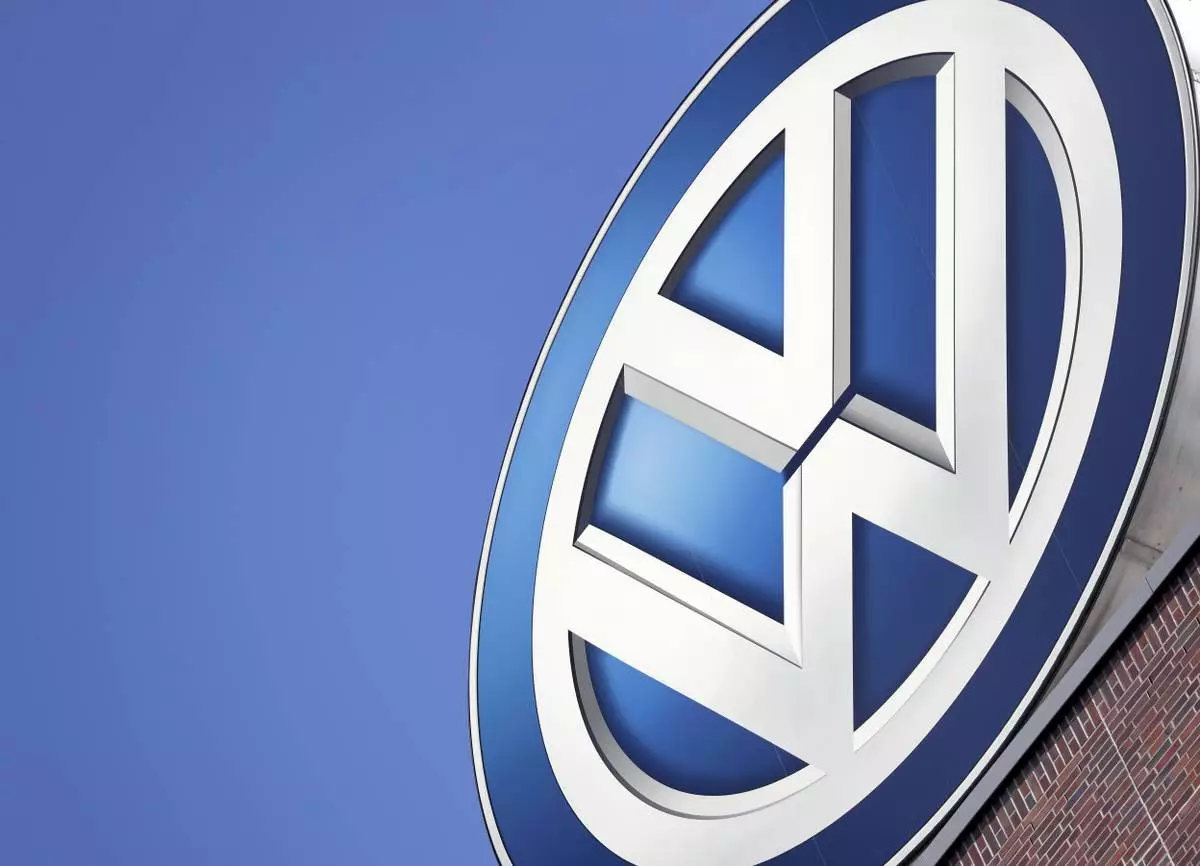
FILE - In this Wednesday, Aug. 1, 2018, file photo a logo of the car manufacturer Volkswagen is pictured on top of a company building in Wolfsburg, Germany. (AP Photo/Michael Sohn, file)
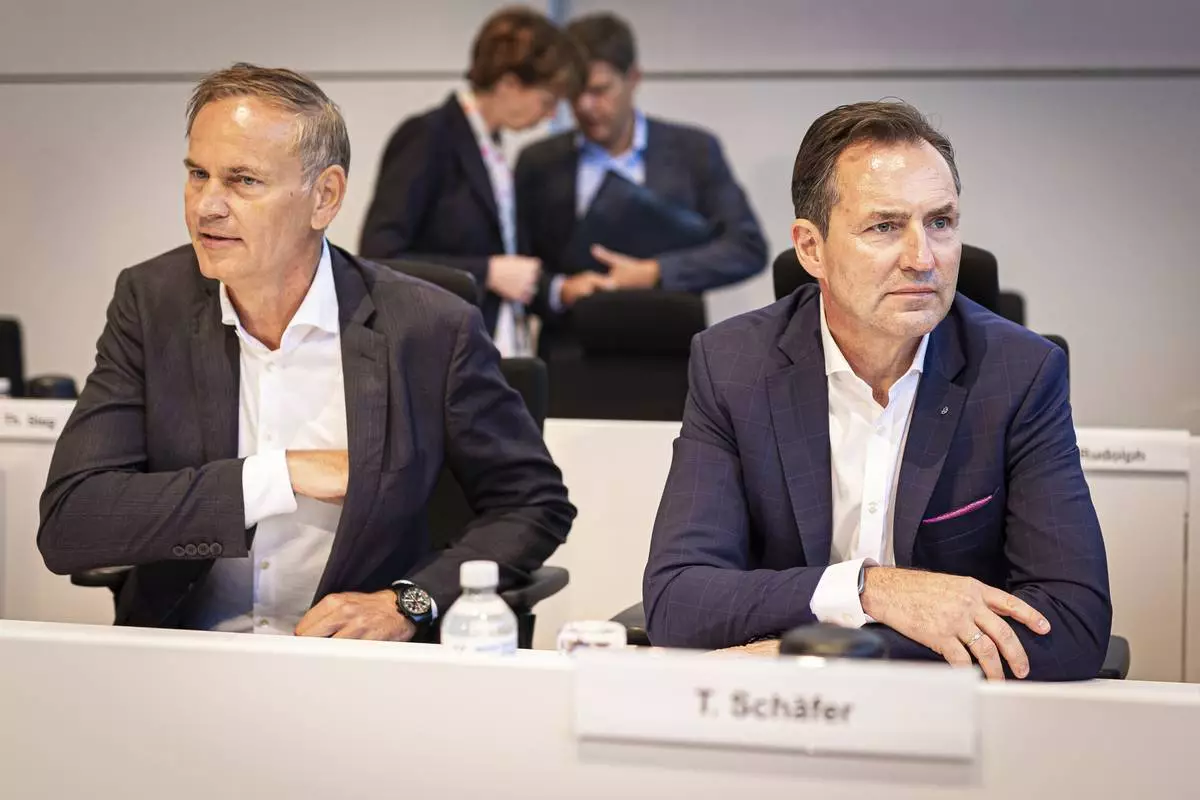
Oliver Blume, left, Chairman of the Board of Management of Volkswagen AG and Porsche AG, and Thomas Sch'fer, Member of the Board of Management of the Volkswagen brand, take part in a work meeting in a hall at the VW plant in Wolfsburg, Wednesday, Sept. 4, 2024. Volkswagen has announced that it will tighten its austerity measures due to the tense situation of the core brand. Redundancies and plant closures can no longer be ruled out. (Moritz Frankenberg/pool photo via AP)
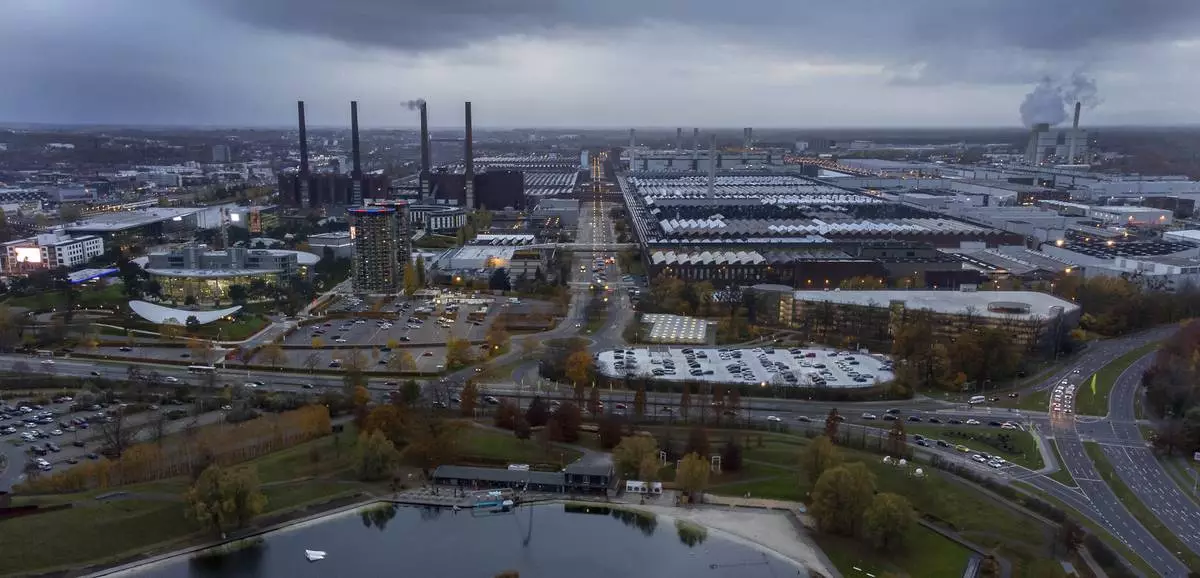
FILE - Smoke rises from a chimney of the Volkswagen car factory in Wolfsburg, Germany, Monday, Nov. 8, 2021. (AP Photo/Michael Sohn, File)
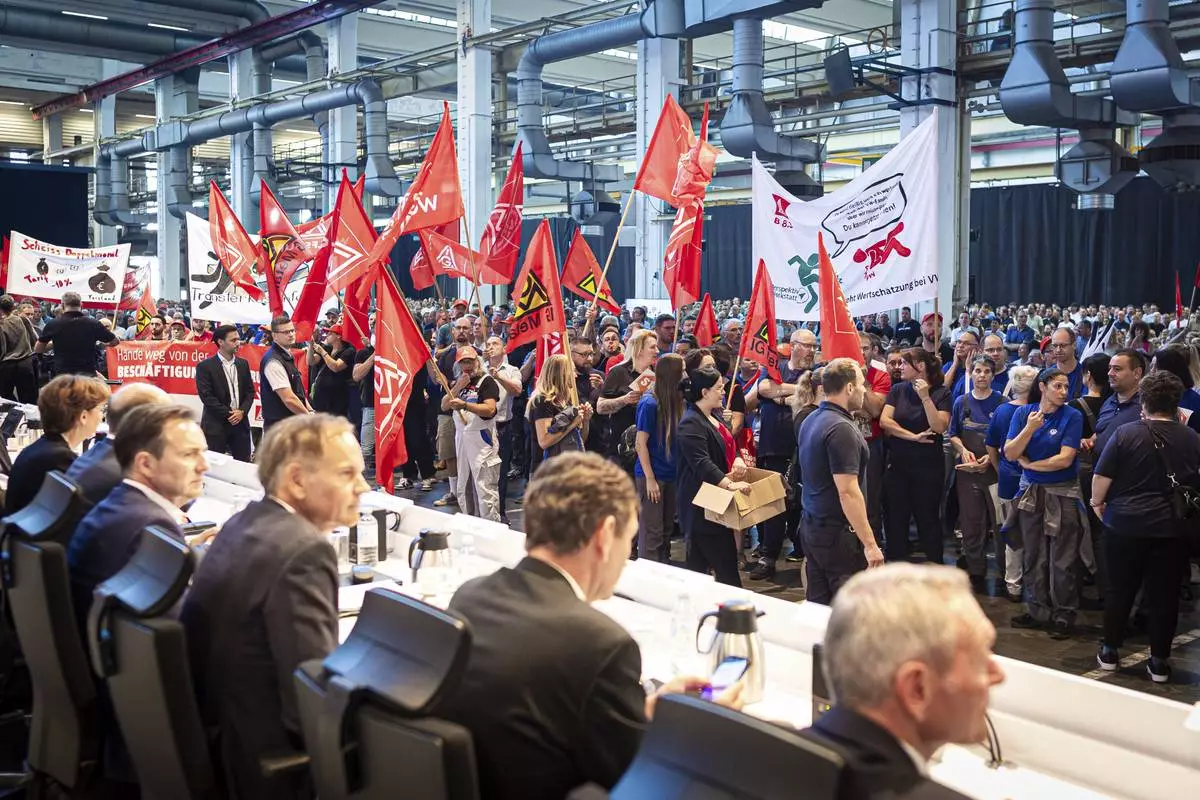
Employees protest before the start of a works meeting in a hall at the VW plant in Wolfsburg, Wednesday, Sept. 4, 2024. Volkswagen has announced that it will tighten its austerity measures due to the tense situation of the core brand. Redundancies and plant closures can no longer be ruled out. (Moritz Frankenberg/pool photo via AP)


